Guest writer: Anna Nilsson Spets
When I was young, about 100 years ago, I made a long journey in West Africa, it was time to return. Google maps shows me a tiny island off the coast of Senegal. My weakness is islands. And coffee. And baobab trees.
Landing in the middle of the night in Dakar, where is my ride?
There are probably a hundred men outside, all shouting TAXI TAXI!!! and waving their arms. and waving their arms, the internet doesn't work and my phone doesn't want to either it seems. A guy helps me call the accommodation I booked, the night watchman doesn't know anything about a pickup. 55 kilometres further away I'm going and as a big advocate of safety I make a sacrifice and jump into a black taxi with two young guys. At this point anything could happen, I have no idea where I am, where I'm going or where they're going and everything is pitch black.
The black taxi doesn't find the address until four o'clock in the morning and then the payment discussion begins, which ends with me telling them to go to hell. I knew approximately what it cost, they wanted double that plus 20 euros for phone calls, no way.
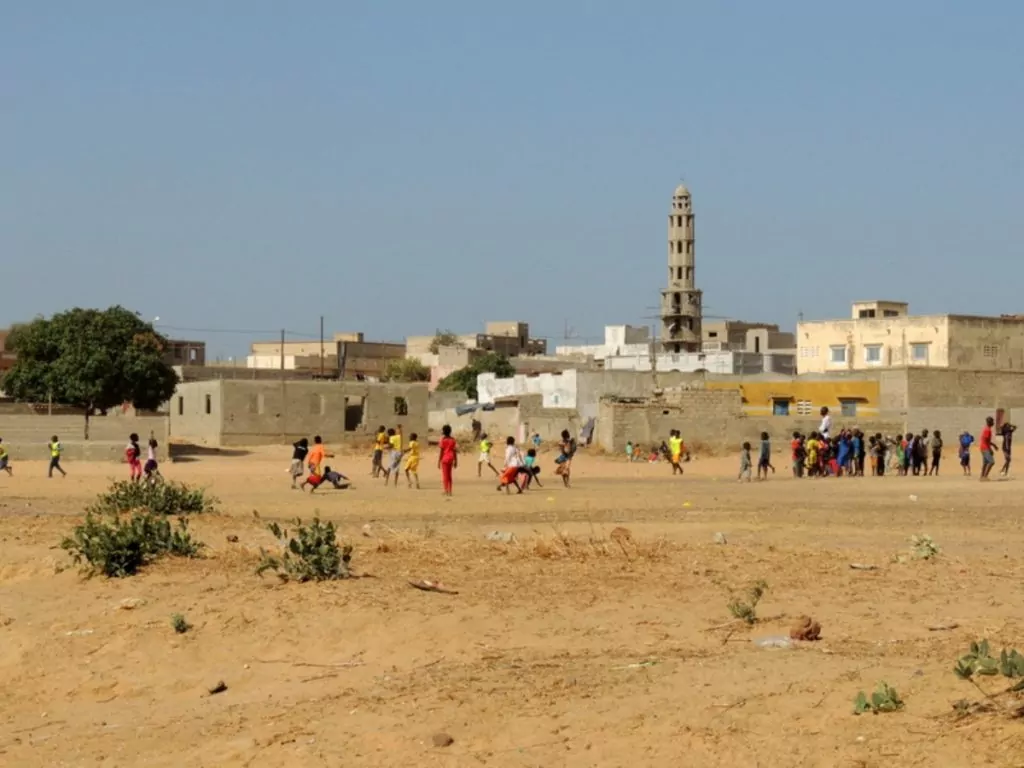
Toubab Diablo turns out to be an extremely dusty hole with nothing to see or do. I loll around, resting in the airbnb accommodation which is perfectly ok. The idea was mostly to make a stopover here to continue south along the coast. The water is freezing cold and the beach is full of rubbish.
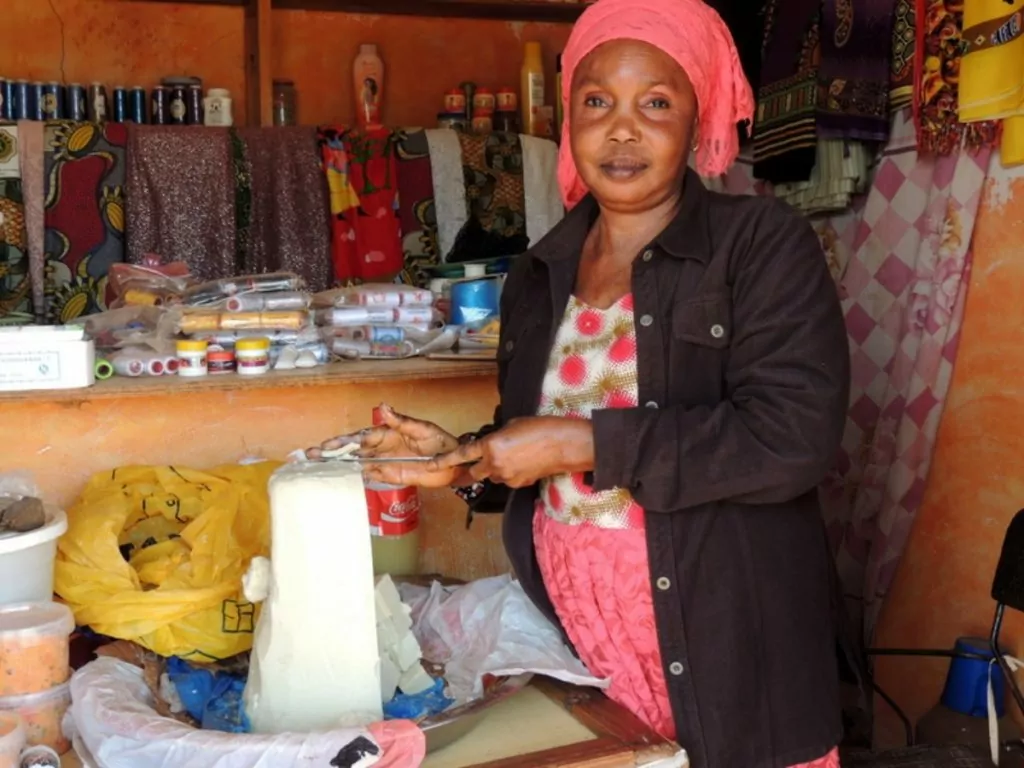
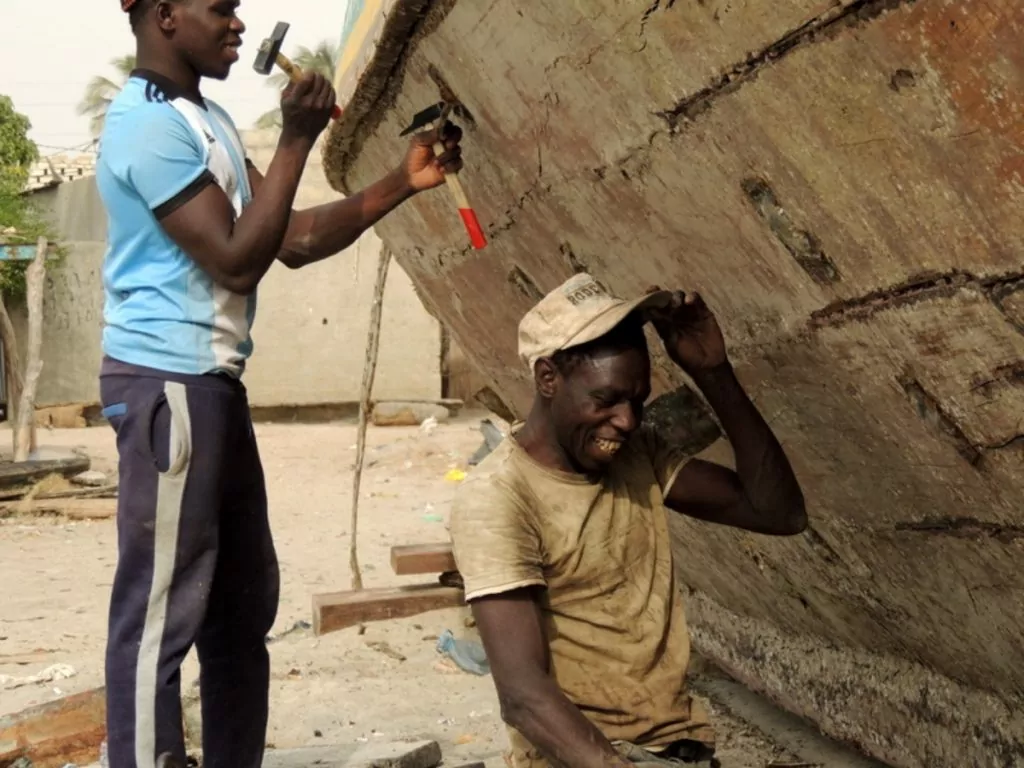
It is desperately poor and the children are snotty, have eye diseases and the occasional louse is plucked from their heads. Petty trading and fishing are the livelihood.
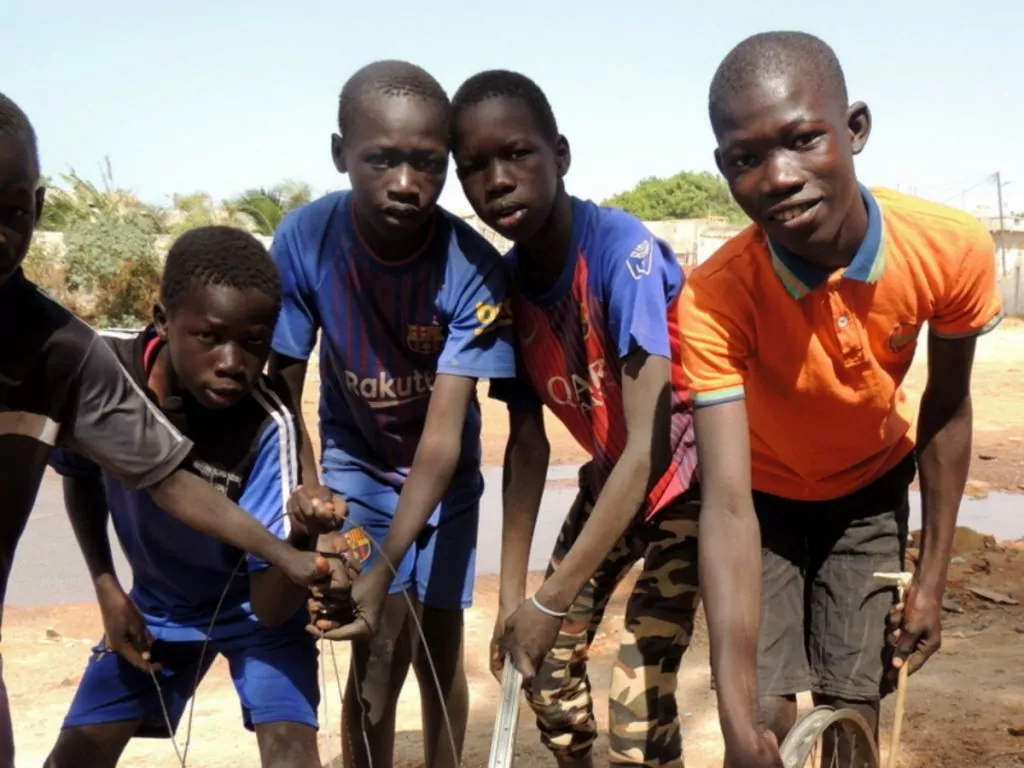
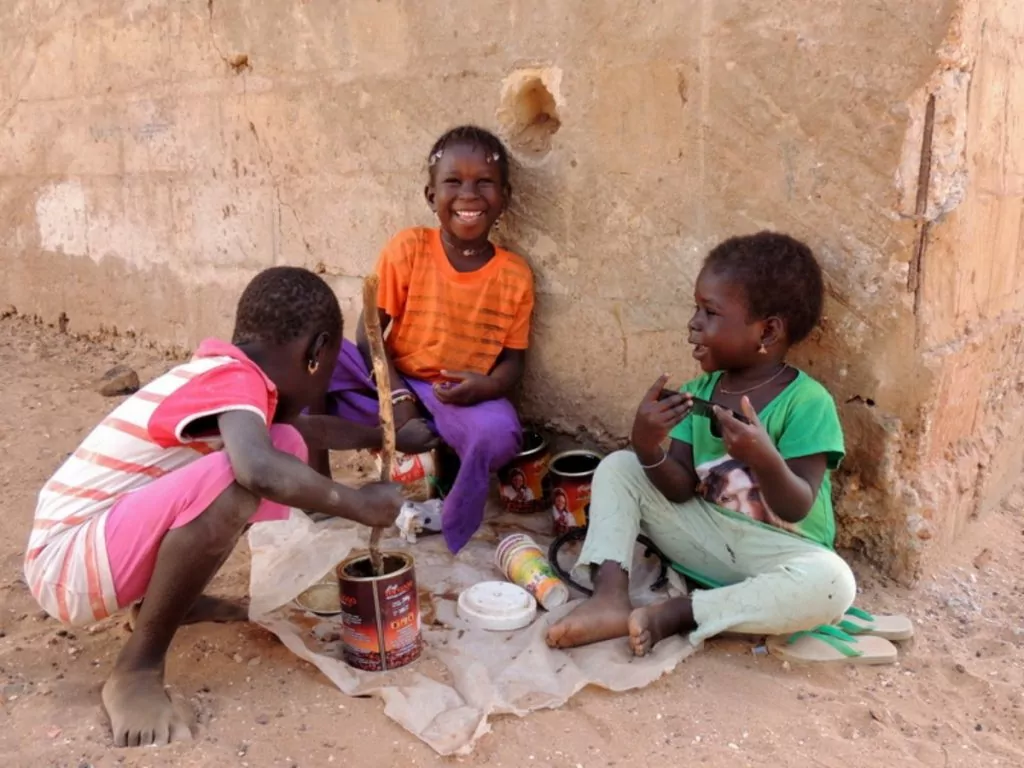
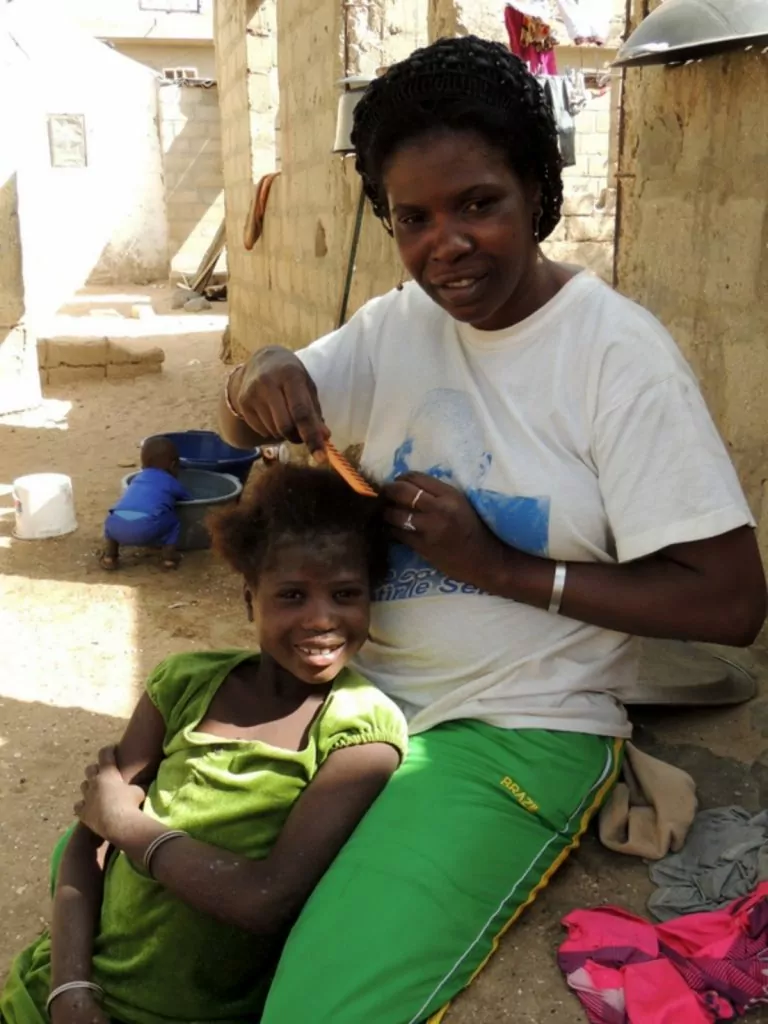
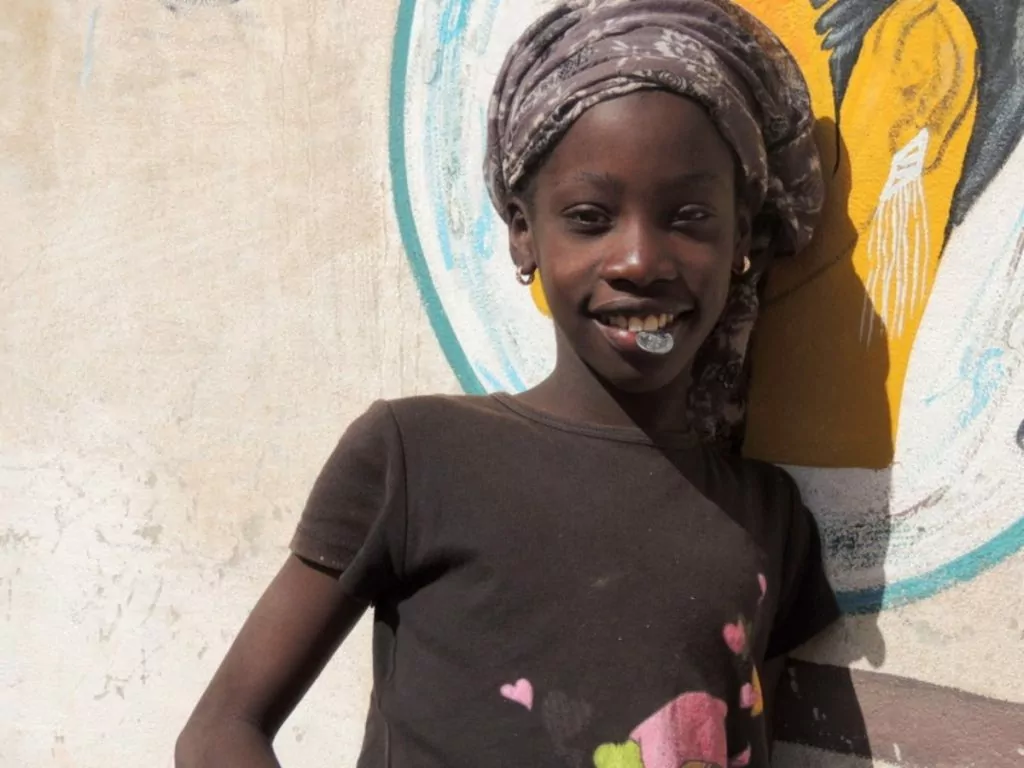
The next destination is Joal-Fadithou, taking me there with a scrappy taxi and the driver probably has a licence from a cereal box. Mr Rastaman turns on the reggae music and we dust off more miles.
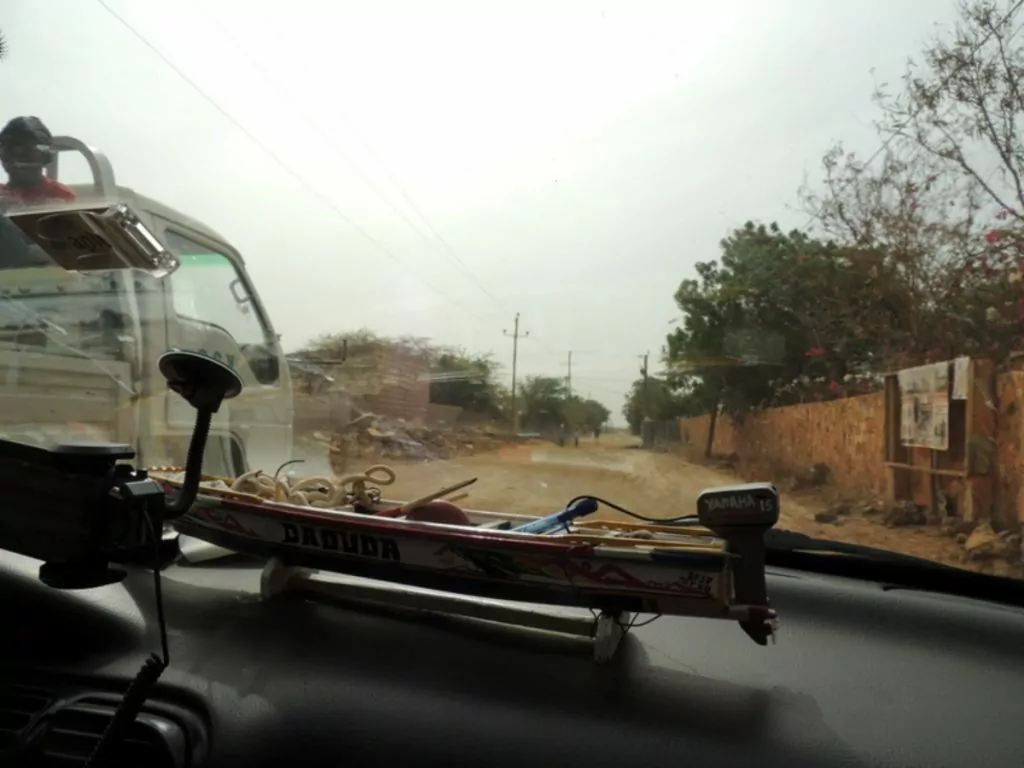
Joal-Fadithou are two merged towns, Joal is on the mainland and Fadithou is reached via a 400 metre long footbridge. Check in at a very simple place with faltering electricity and a shower in the form of a cold water hose. The view of the bird lake with its rich bird life deserves a couple of pluses.
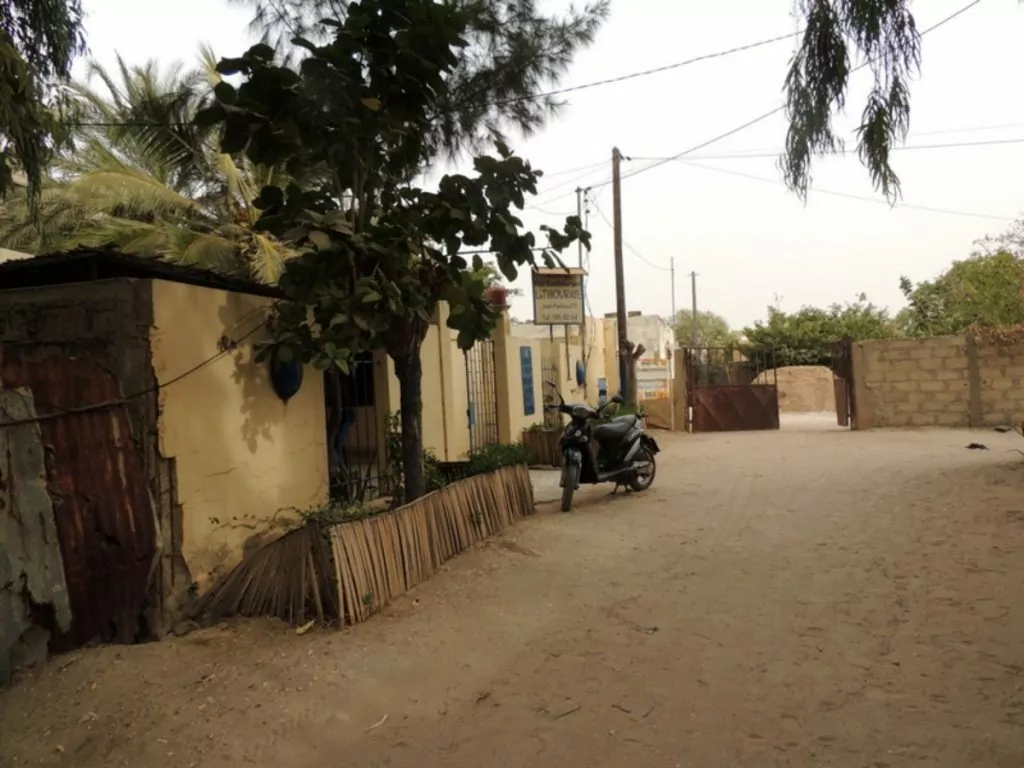
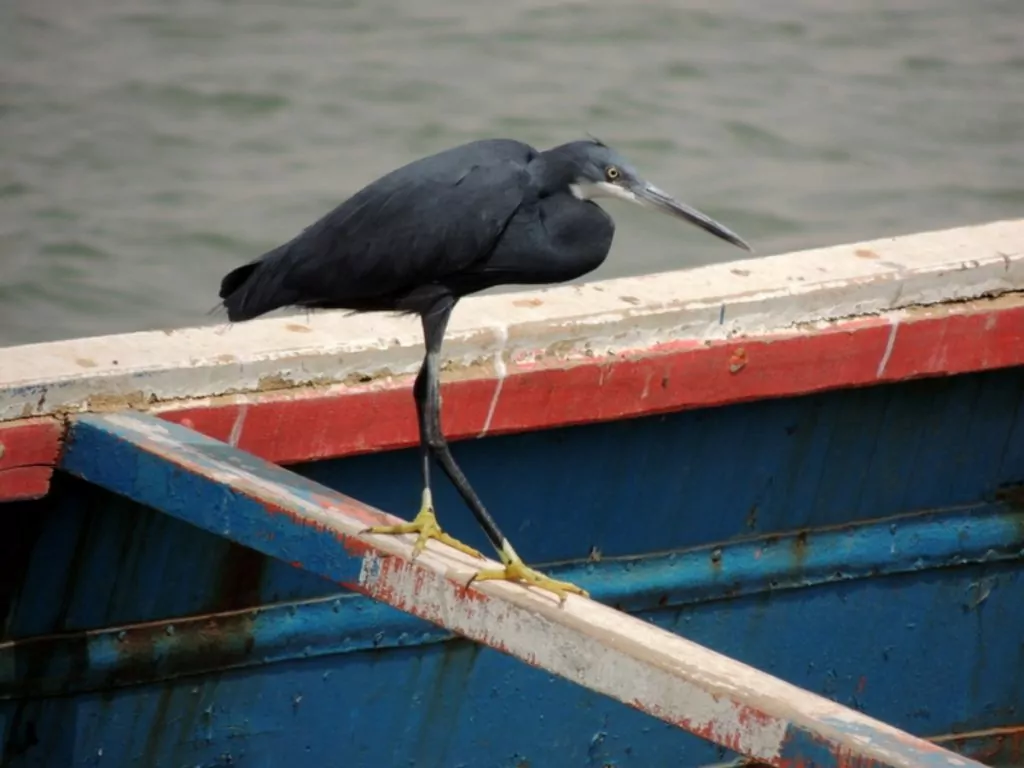
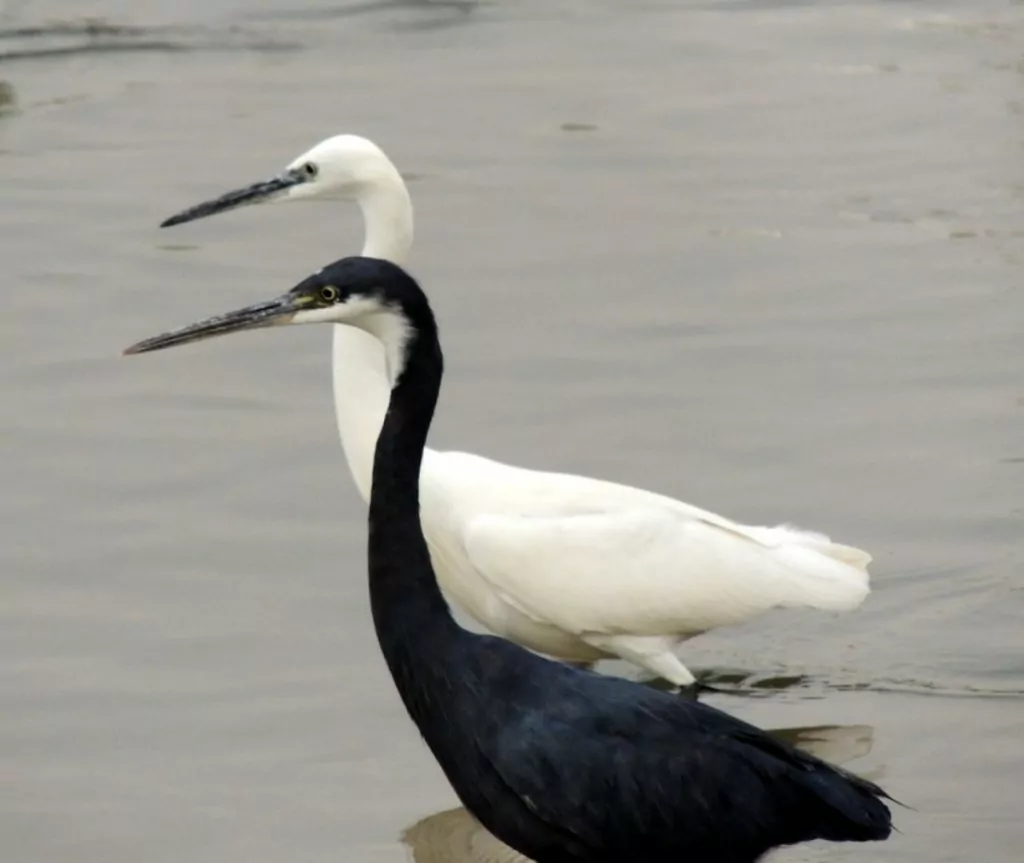
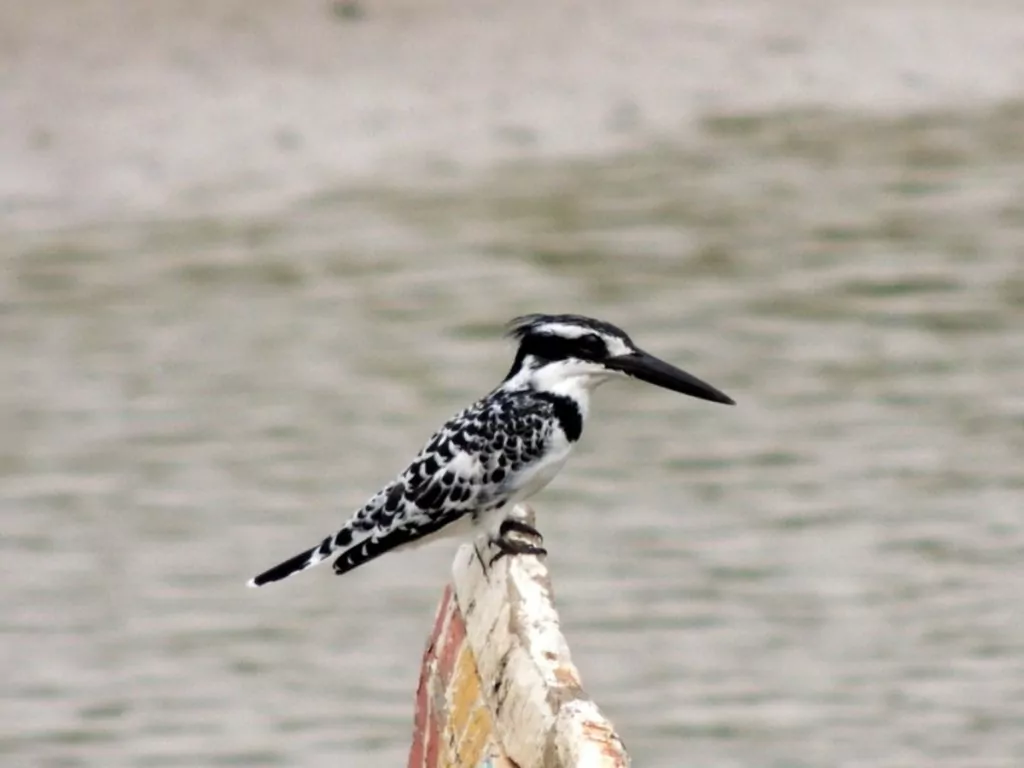
The town itself is nothing special, a typical coastal town that lives on fishing and its fish smokehouse that bustles day and night.
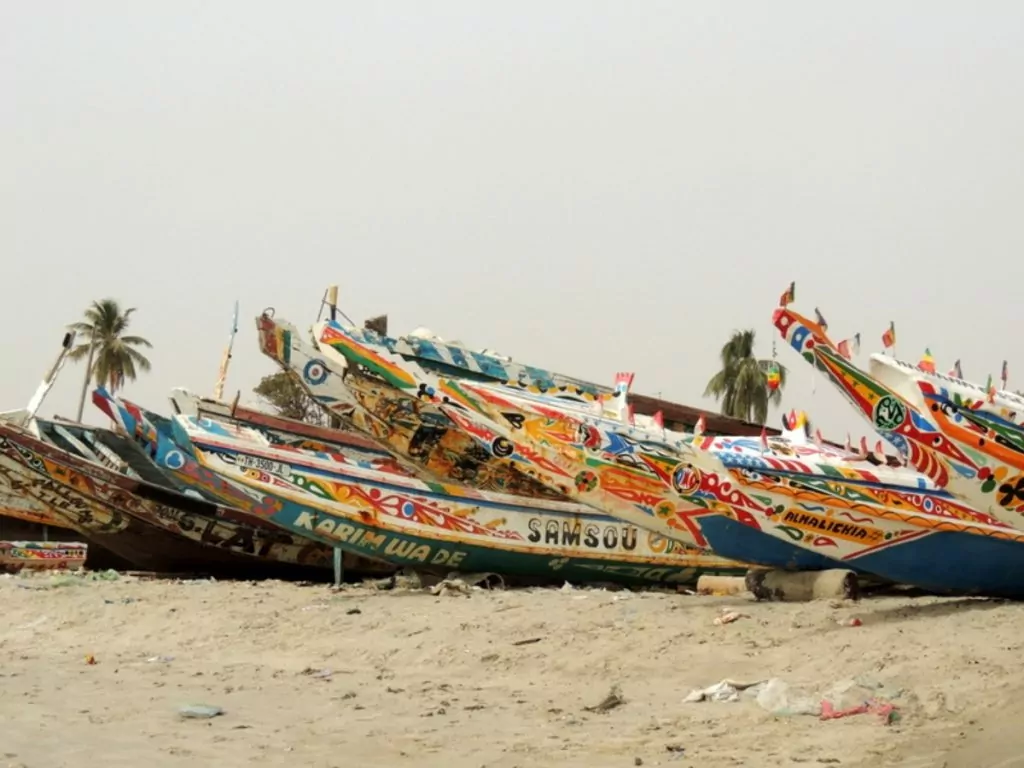
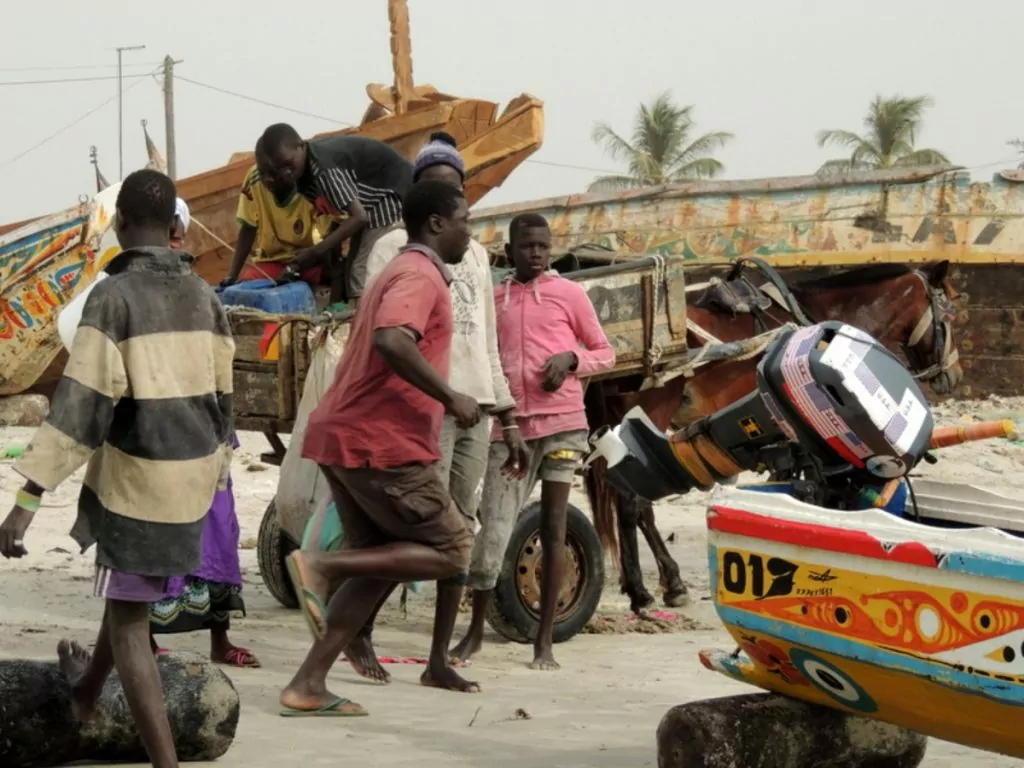
Senegal's oldest baobab tree has a lot to tell, perhaps more than the self-appointed guide who wants to show me the tree. English was hmmm, quite limited and my French as well.
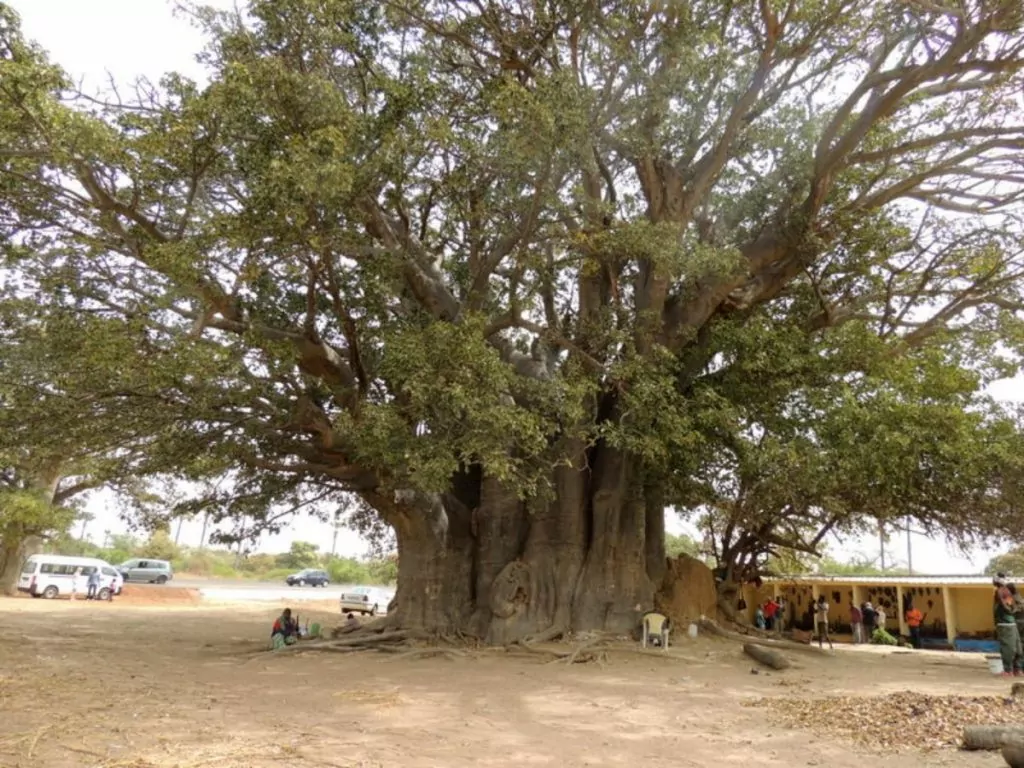
The tree is 850 years old and has a circumference of 32 metres. Many important decisions have been made here, a natural gathering place for the villagers to listen to stories and legends year after year. This particular tree is hollow and was once a prison.
I climb in, the interior measures 3 x 3 metres and the bats fly in and out. A strange feeling standing inside a tree.
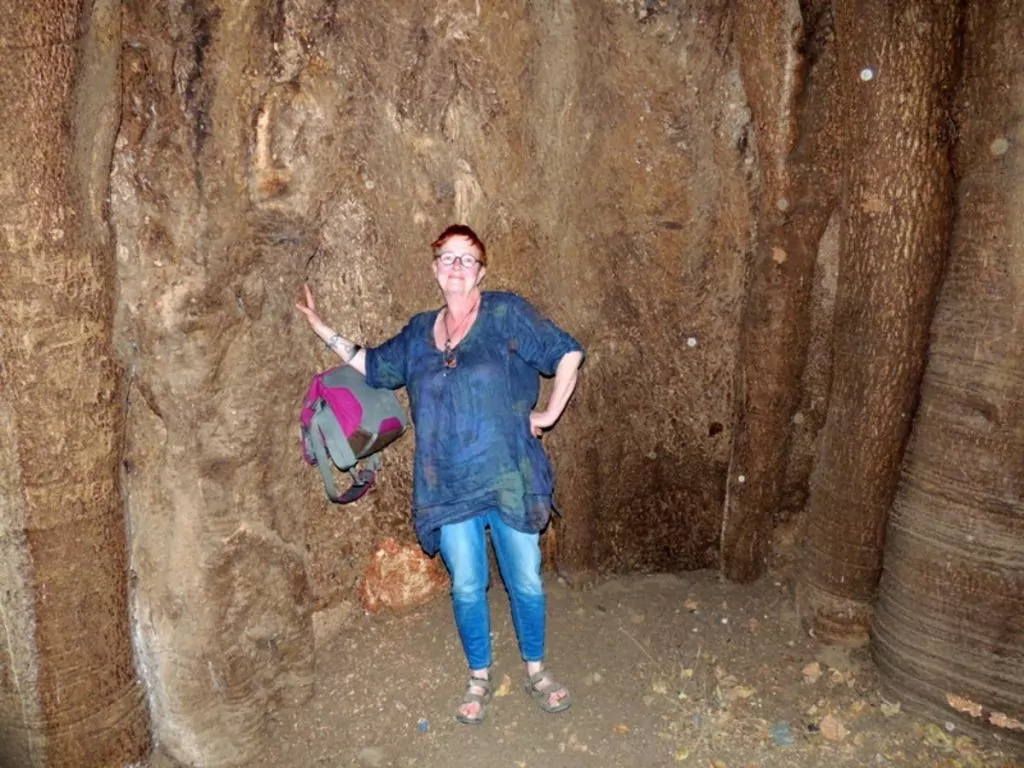
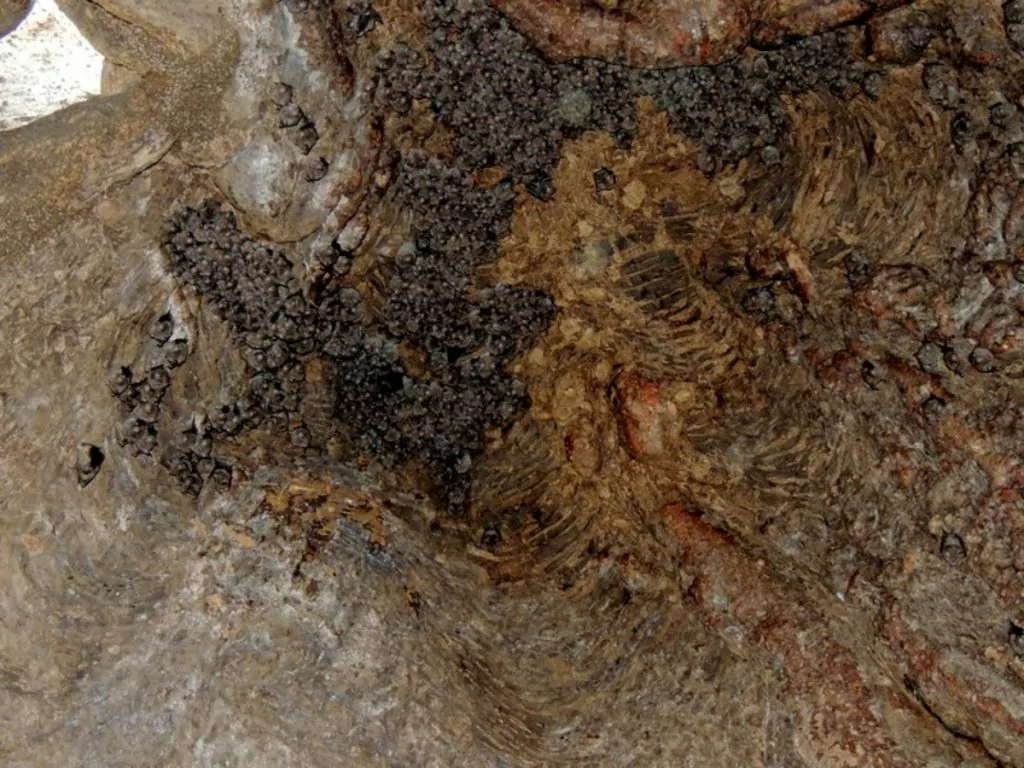
It was worse when I was going out.
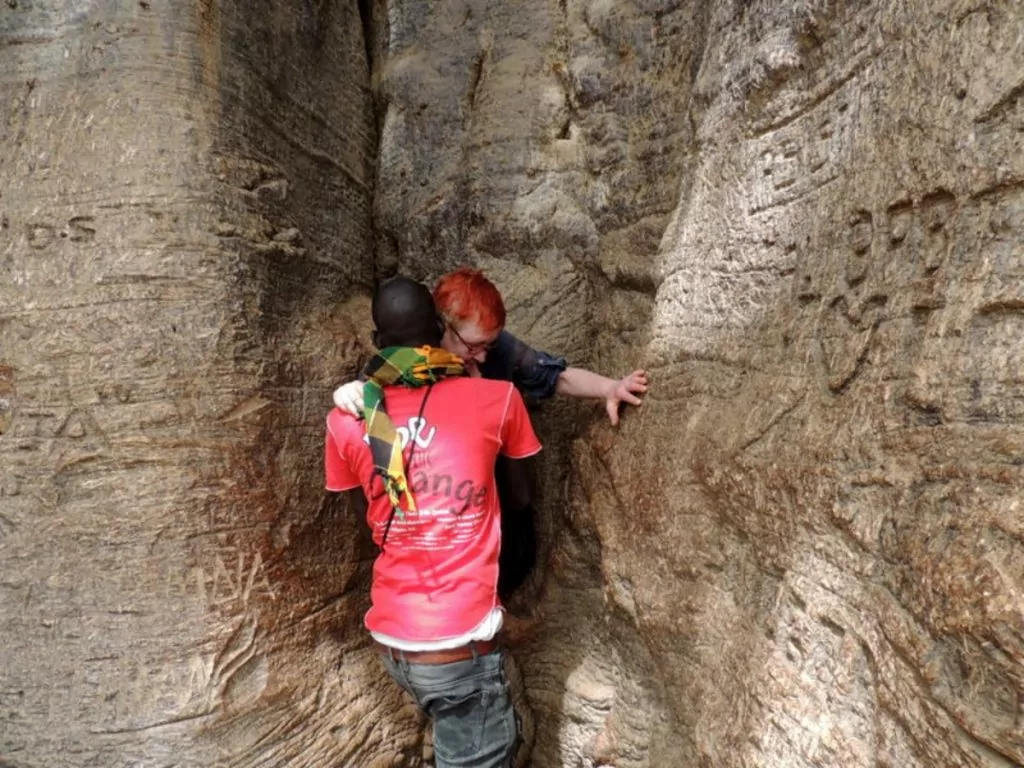
Baobab trees belongs to the African creation stories, every country with these trees has its stories. Baobab has a magical power, sacrifices are made to the trees and they all have their own names.
Apple tree is another name, all parts are used in one way or another. The bark for medicine, the fibres for ropes and instrument strings, the sap for glue. The fruit is useful and the rather dry flesh is mixed with water to make a refreshing drink. The seeds can be eaten raw or roasted or ground into flour. And monkeys like the fruit, hence the name.
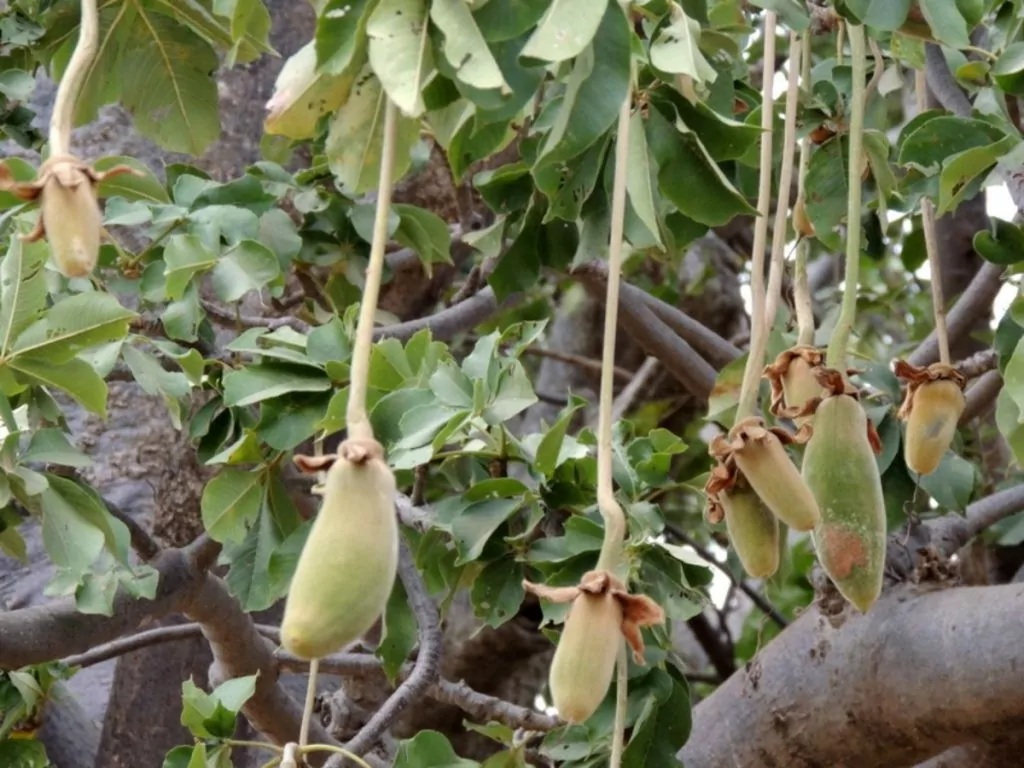
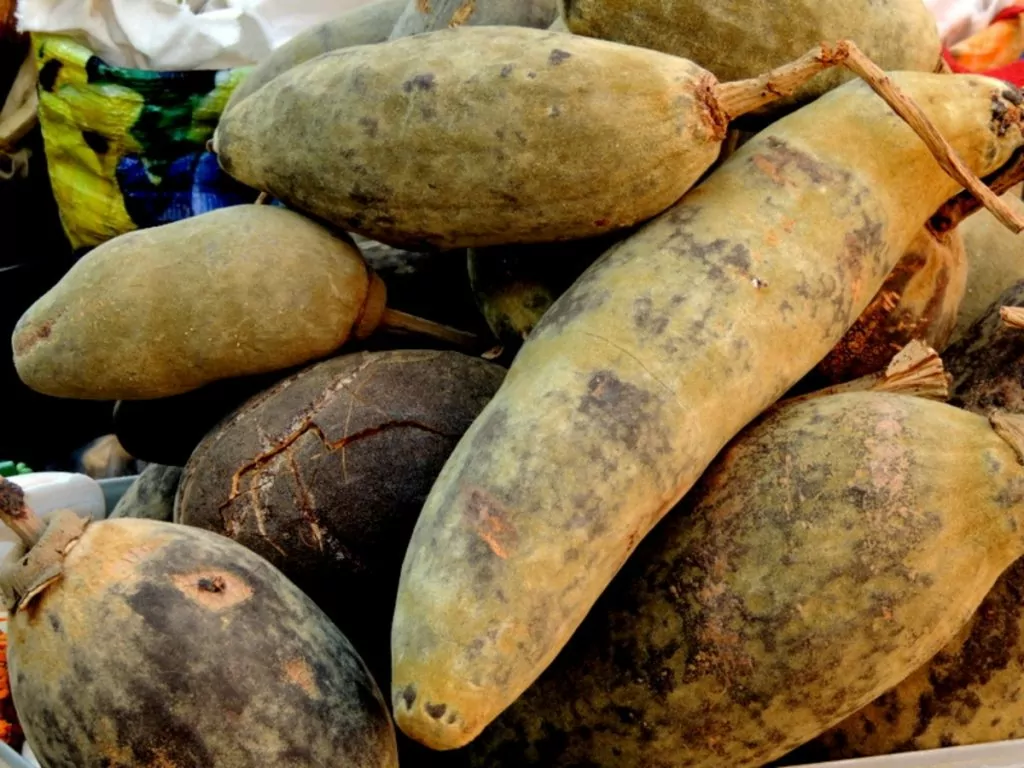
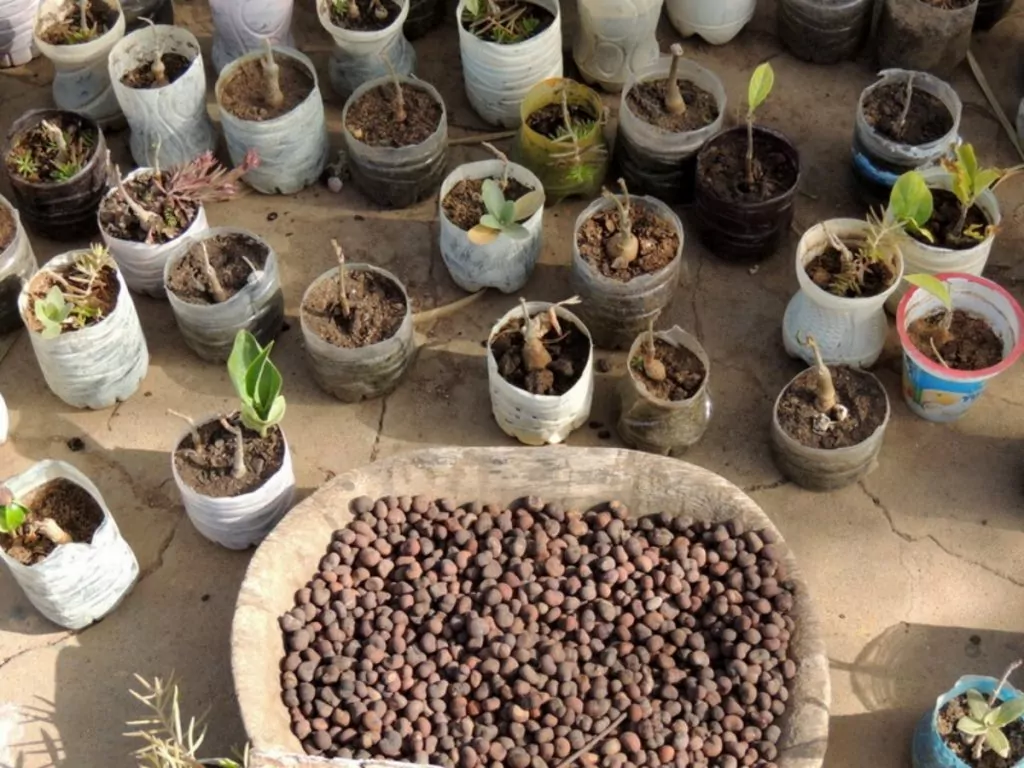
Fadithou is interesting, it is called the Shell Island because for hundreds of years people have been eating shells and then using the shells for paths, roads and building materials. It crunches underfoot.
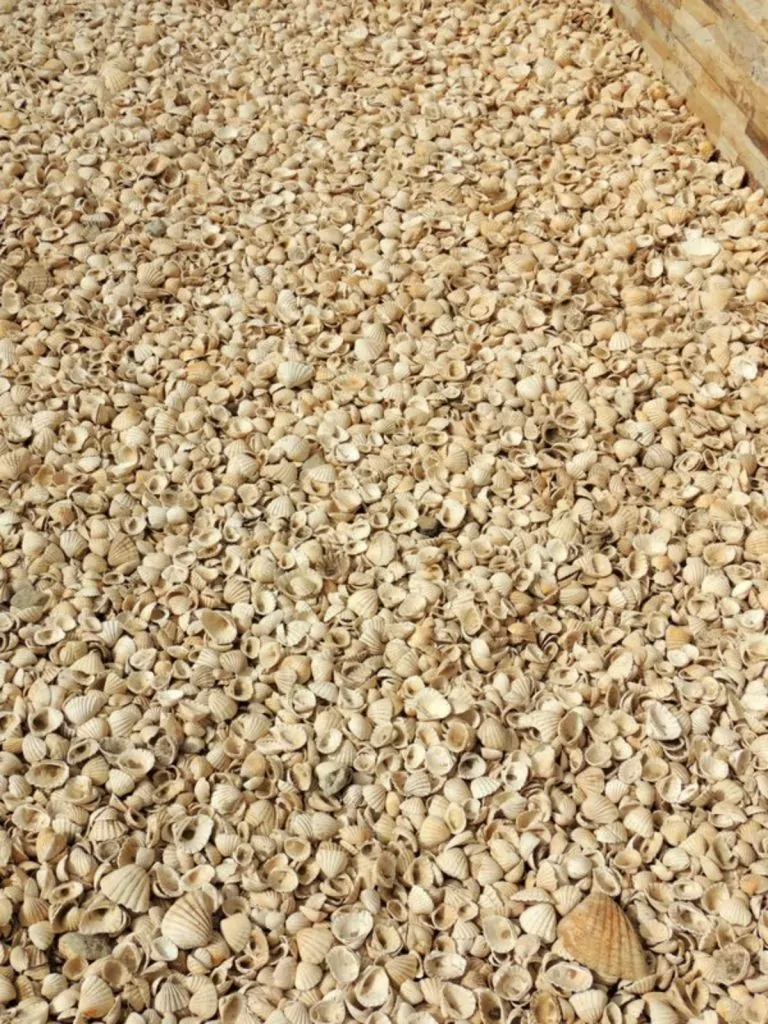
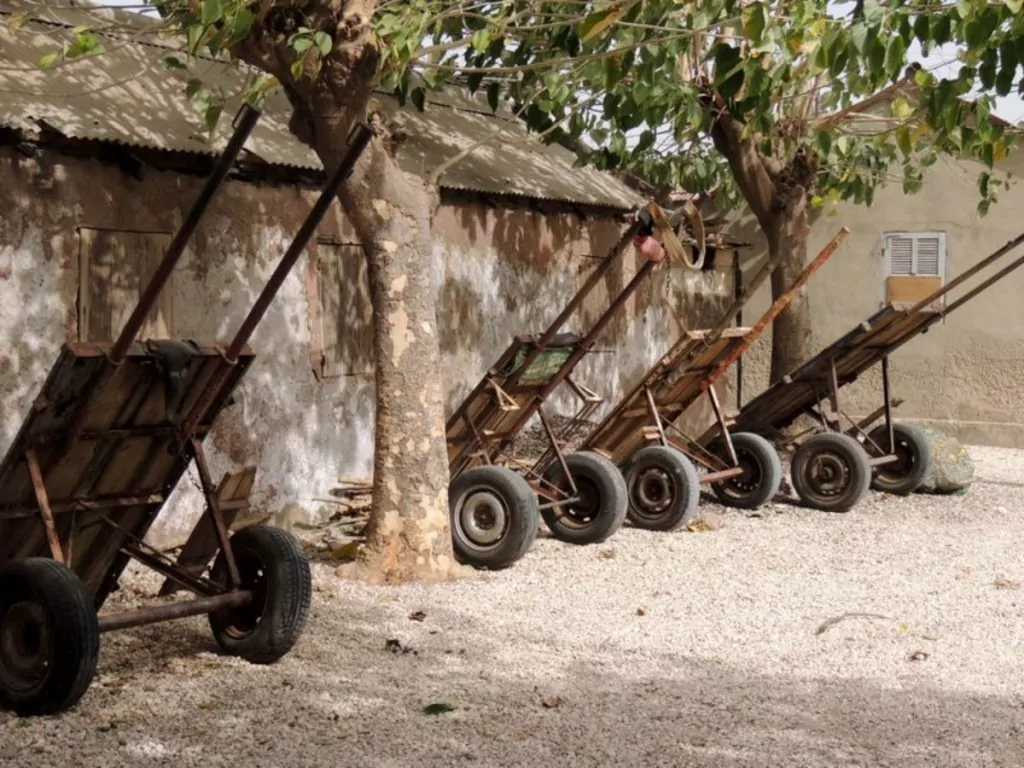
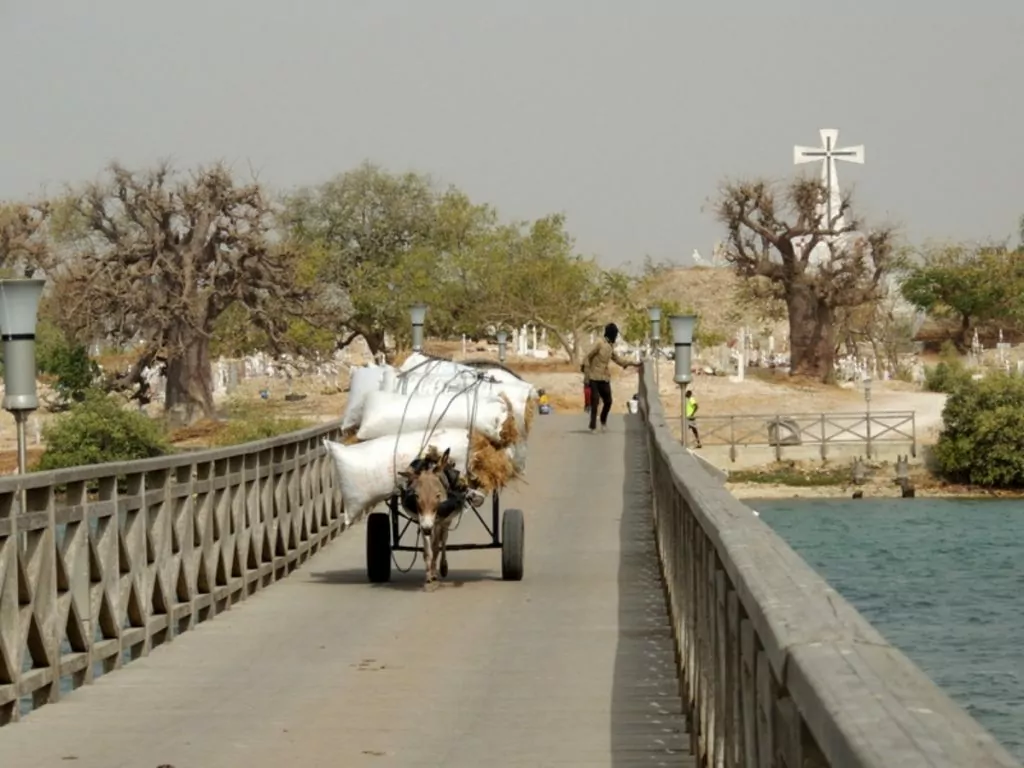
90 per cent of the population is Christian, the rest Muslim and of other faiths. There is both a church and a mosque, and the cemetery is a place where people of all faiths lie together.
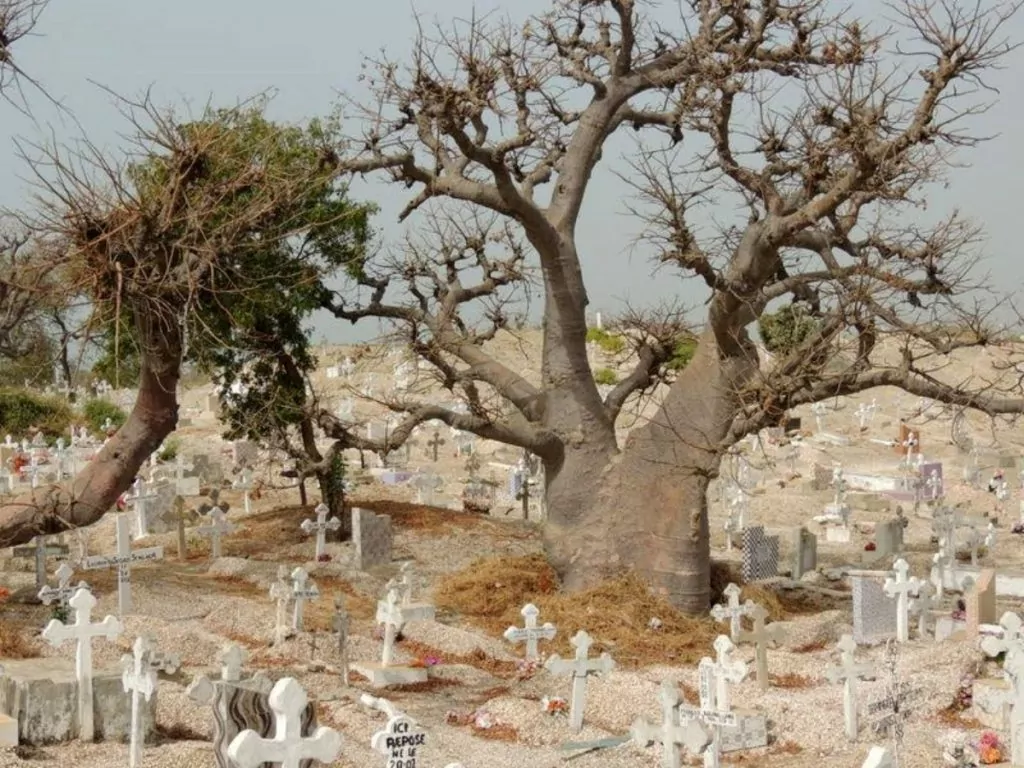
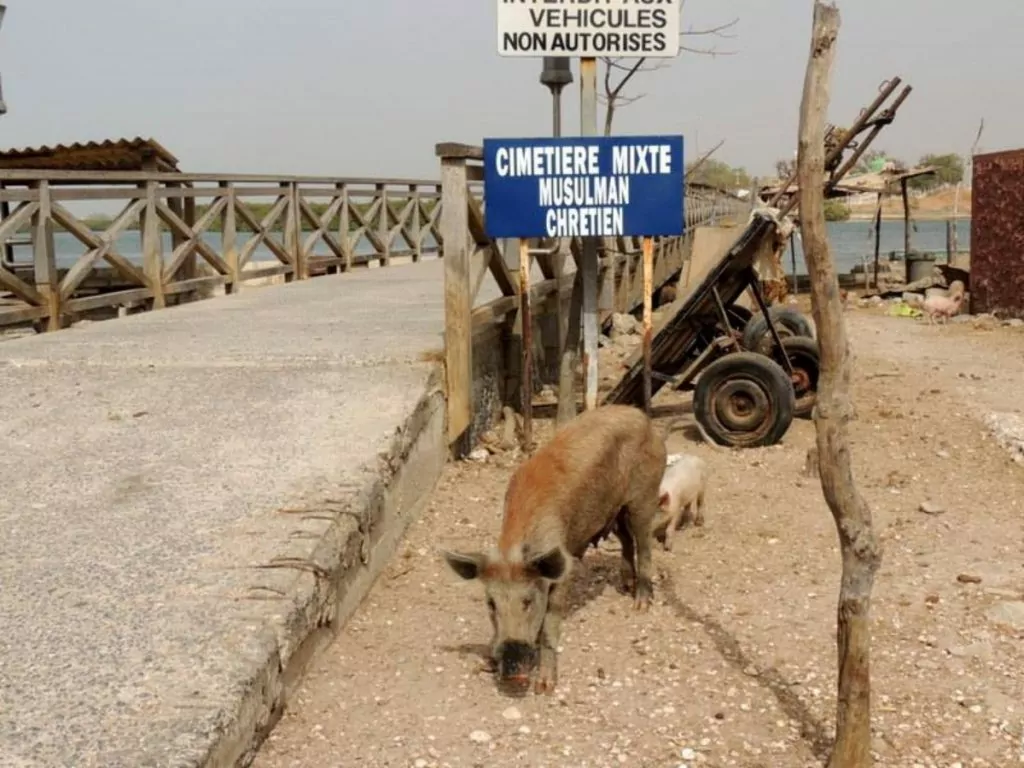
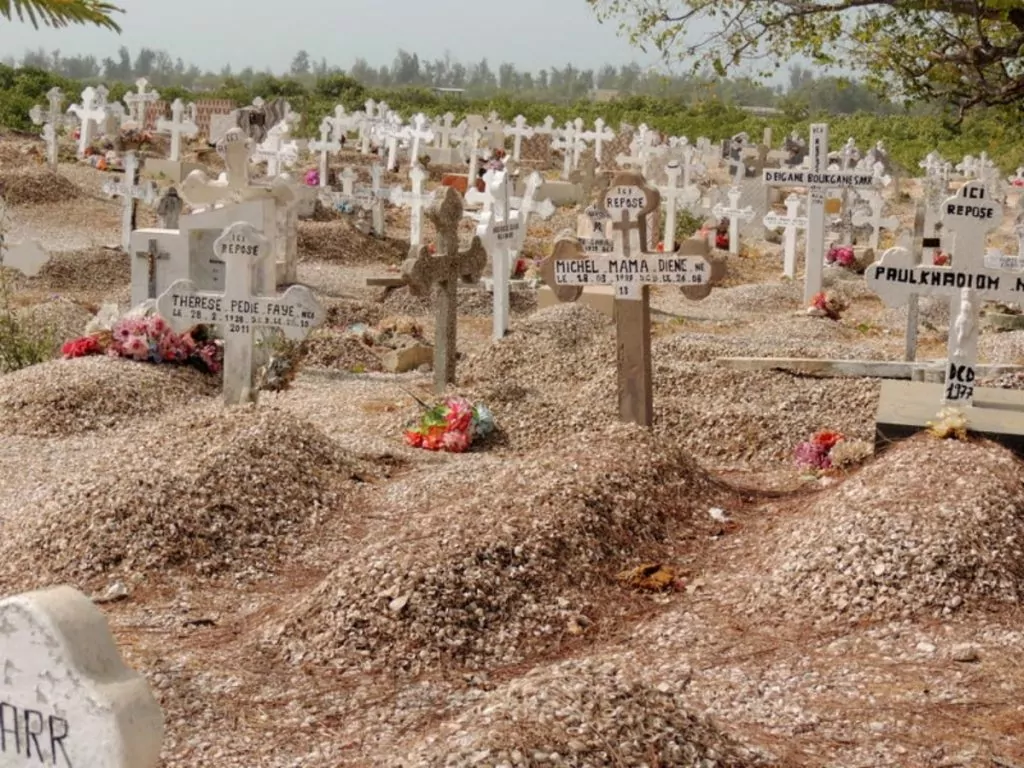
The harmony on Snäckön is noticeable.
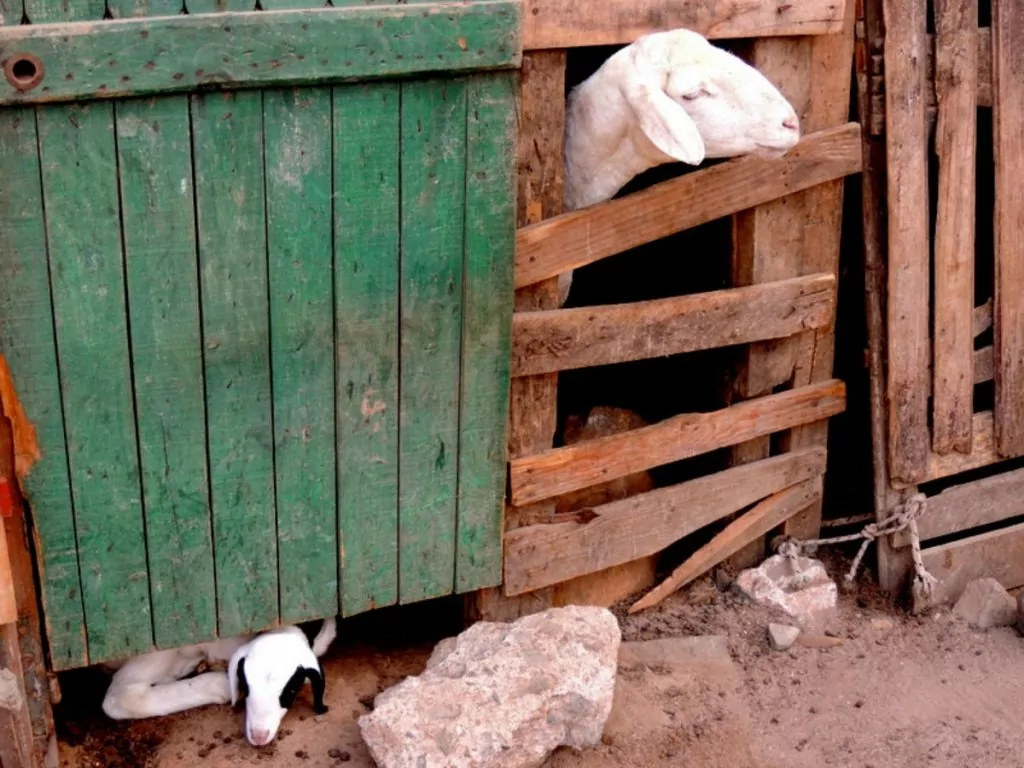
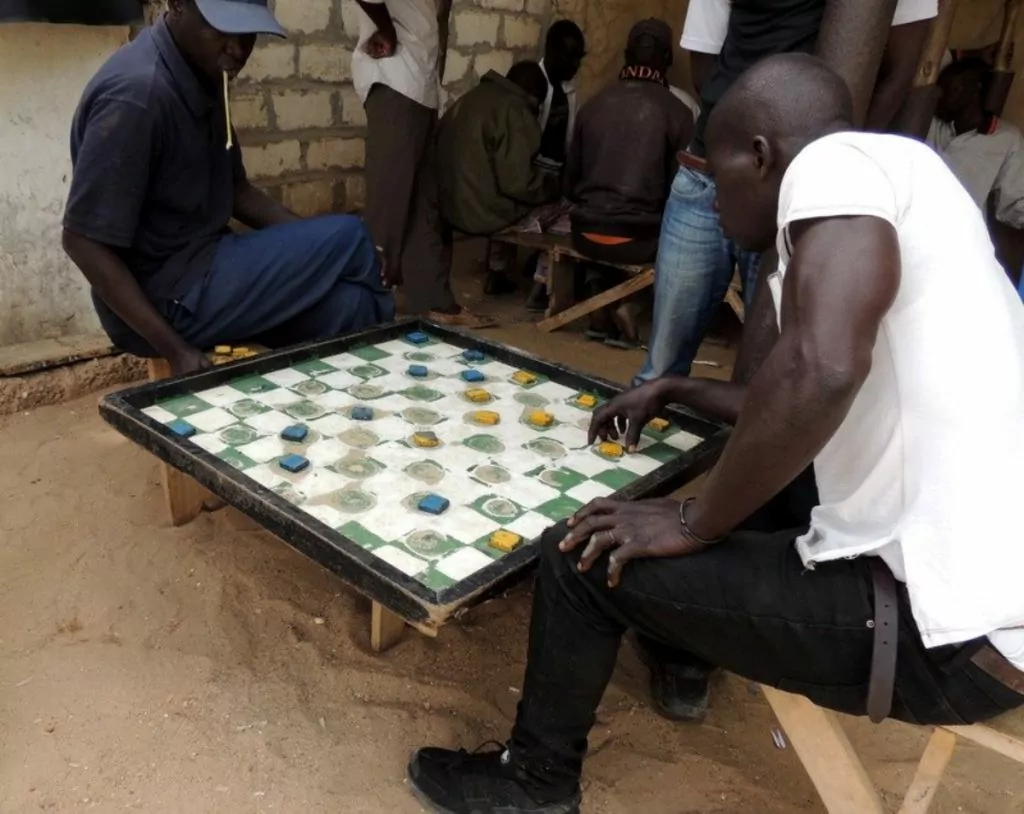
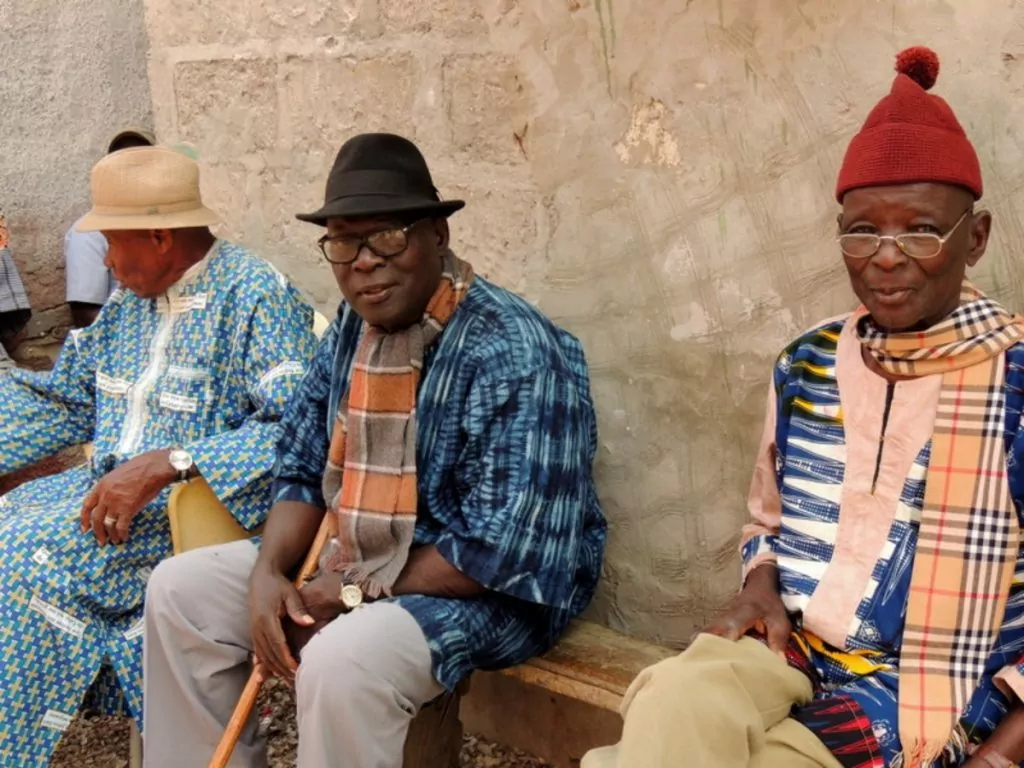
The journey continues to another island with a highly disharmonious history.
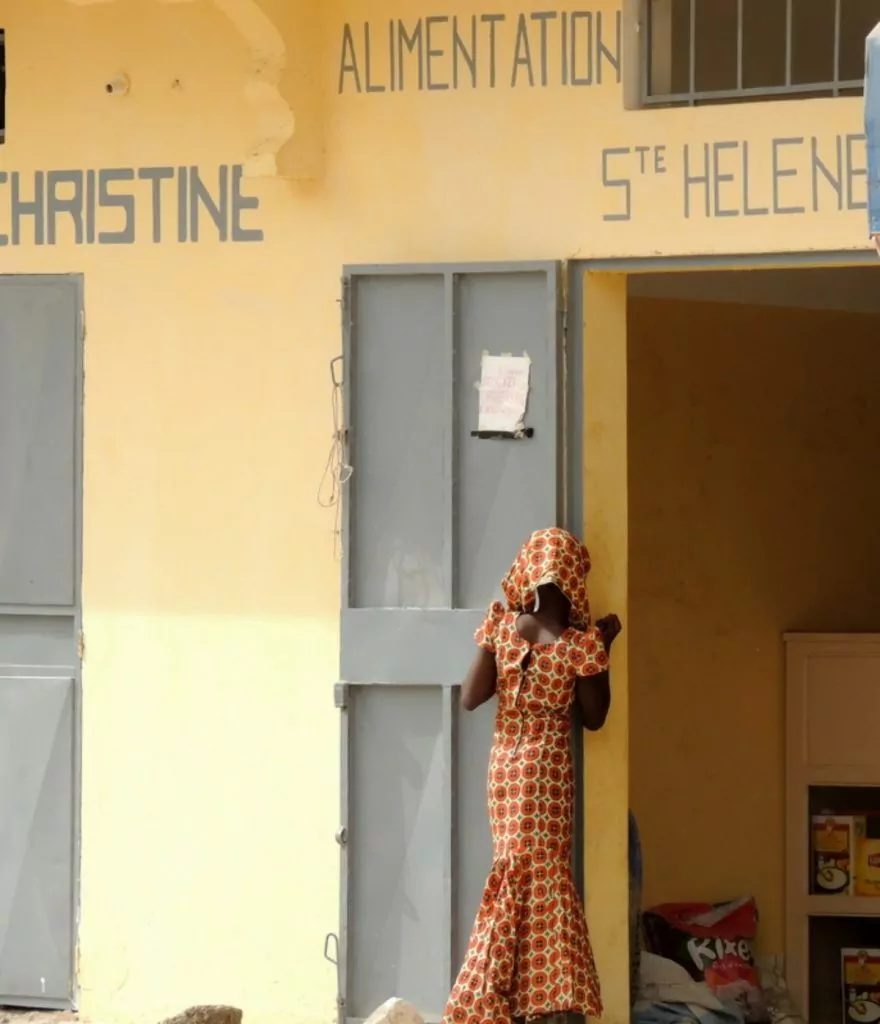


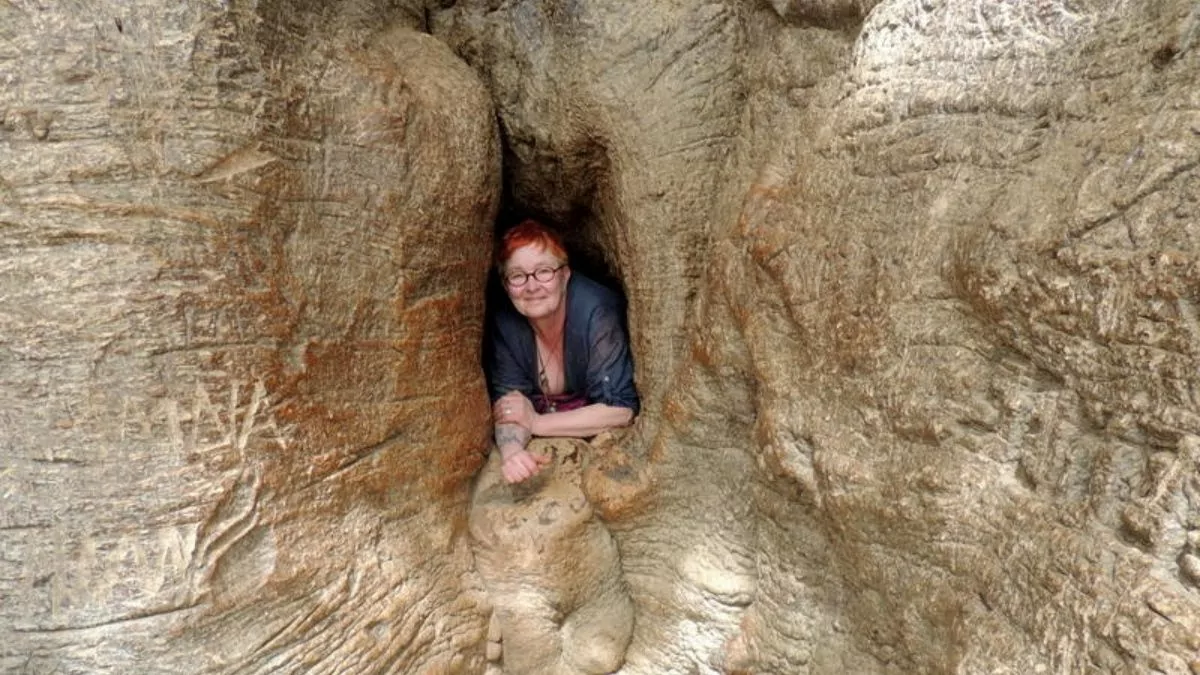






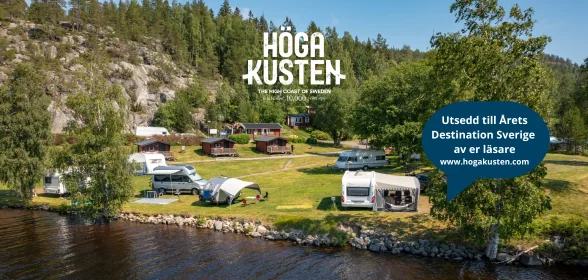


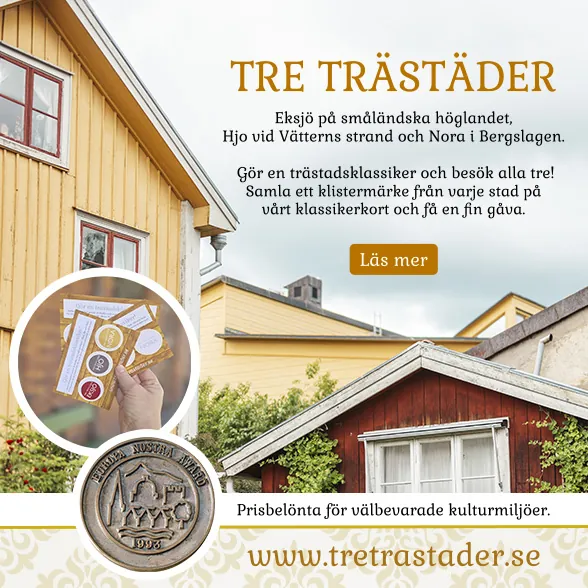
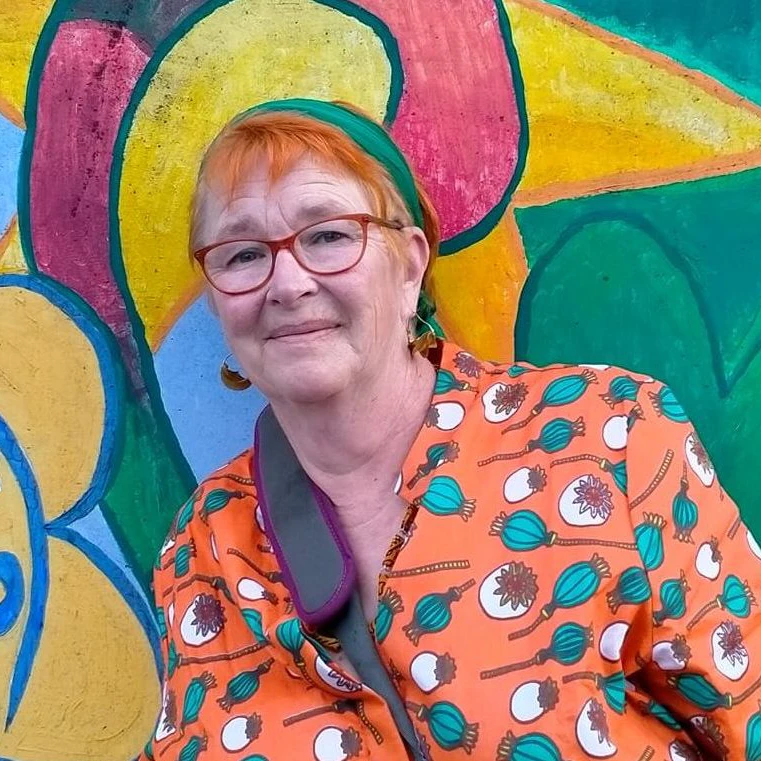
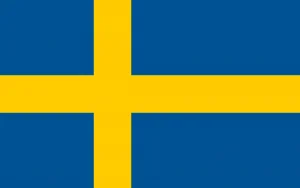
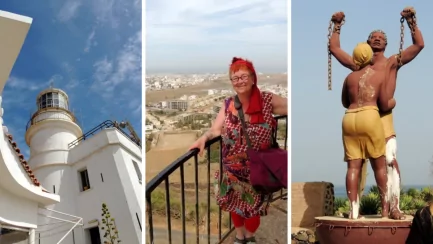
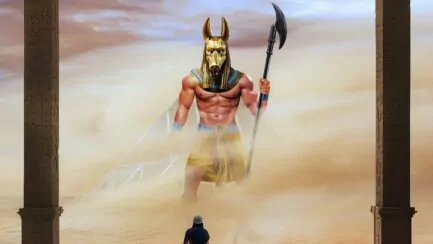
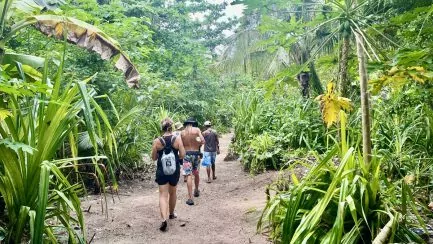
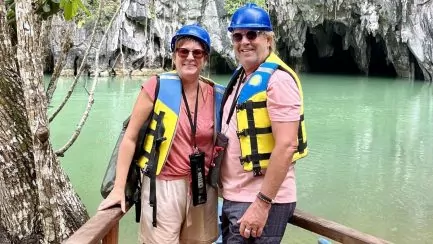
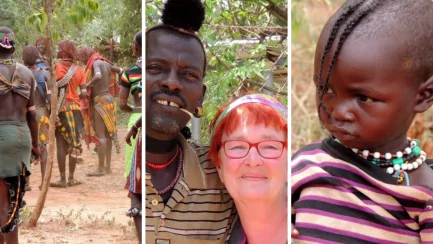
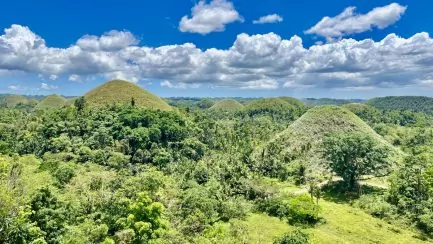



BP says:
That part of Senegal is a copy of Gambia, I must say. Including Toubab which we heard from every Gambian's mouth for two weeks. After that it was well confirmed that we were "white Europeans"...
The tree was fascinating. It couldn't have been a "comfortable" prison, but that surface...
Black taxis and black rental cars/mopeds were also commonplace in the Gambia. The advantage there was that everyone spoke English. I think these two countries were in a feud in the early 1980s, because I remember that Senegalese soldiers had a big barracks in the capital Banjul.
The picture of the three gentlemen is a highlight. They seem to have got their "accessories" from travelling "toubabs" from Scotland and Sweden among others;-)
14 November 2023 - 19:06
Anna Nilsson Spets says:
Hi! Thanks for reading again... I have now never been to Gambia but have realised that the countries have similarities. The gentlemen were also very nice ! Have a good time
15 November 2023 - 6:06